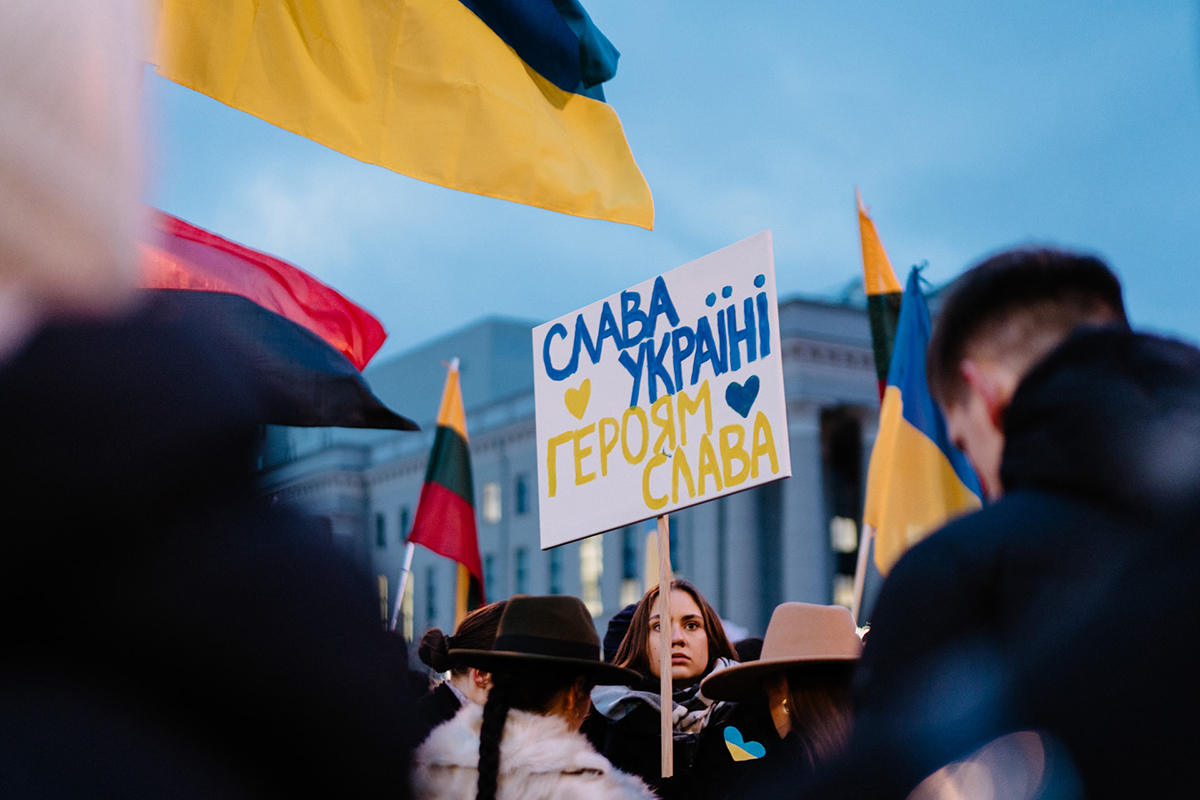
The International Journalism Festival weekly round-up. Stay up to date by subscribing to our newsletter, by following our Telegram channel, or by joining us on Facebook and Twitter.
The day the news died. Here are all Russia’s independent media outlets banned, blocked, or shuttered in just the past few days.
Dozhd TV editor Tikhon Dzyadko on why he fled Russia and shut his broadcaster down. Russian independent broadcaster Dozhd TV announced during a live broadcast on Thursday that it would suspend its operations after Russia’s media regulator blocked its website for spreading “deliberately false information about the actions of Russian military personnel.”
As Putin cracks down on the free press, independent news site Meduza aims to be Russians’ “only window to the world”. “We are energised by the importance of our mission,” says investigations editor Alexey Kovalev, who’ll keep reporting from abroad.
As Putin’s bombs fall, a journalist is raising money to keep Ukrainian news media afloat. “Foreign correspondents have an important role. But a society needs its journalists right there,” says Ukrainian journalist Jakub Parusinski.
“An information dark age”: Russia’s new “fake news” law has outlawed most independent journalism there. “Military censorship in Russia has quickly moved into a new phase…the threat of criminal prosecution of both journalists and citizens who spread information about military hostilities that is different from the press releases of the Ministry of Defense.”
Exiled Russian journalist Irina Borogan on Moscow’s censorship of Ukraine invasion. As the Russian military continues its invasion of Ukraine, the Kremlin is also fighting a different kind of battle at home in its attempts to quash independent news coverage and dissenting narratives about the attack it launched on February 24.
Talent at a turning point. Rising resignations. Hybrid work. The diversity imperative. Leaders are navigating a talent market in flux. A new podcast episode features author and HR expert David Green, who sheds light on how people analytics can help.

2022 Reuters Memorial Lecture. Tanks, TikTok and trust: journalism in a time of turmoil. On 7 March Reuters editor-in-chief Alessandra Galloni delivered the 2022 Reuters Memorial Lecture. Here’s the transcript of her talk.
Seventh journalist killed this year in Mexico. Juan Carlos Muñiz was shot while driving in the state of Zacatecas in north-central Mexico on Friday, March 4.
Australia pressured Google and Facebook to pay for journalism. Is America next? Australia looks like a success story to those who’ve long yearned to force big tech to prop up suffering newsrooms. But it’s a murky deal, with critical details guarded like they’re nuclear launch codes.
Lessons learned from journalists facing attacks and persecution. From Mexico, currently the world’s most dangerous country for journalists, to El Salvador, where reporters face intimidation and surveillance, to Peru, where an alarming precedent for judicial harassment against the media is being set, the panorama for Latin America’s media corps is troubling.
Photo credit: Dovile Ramoskaite on Unsplash


